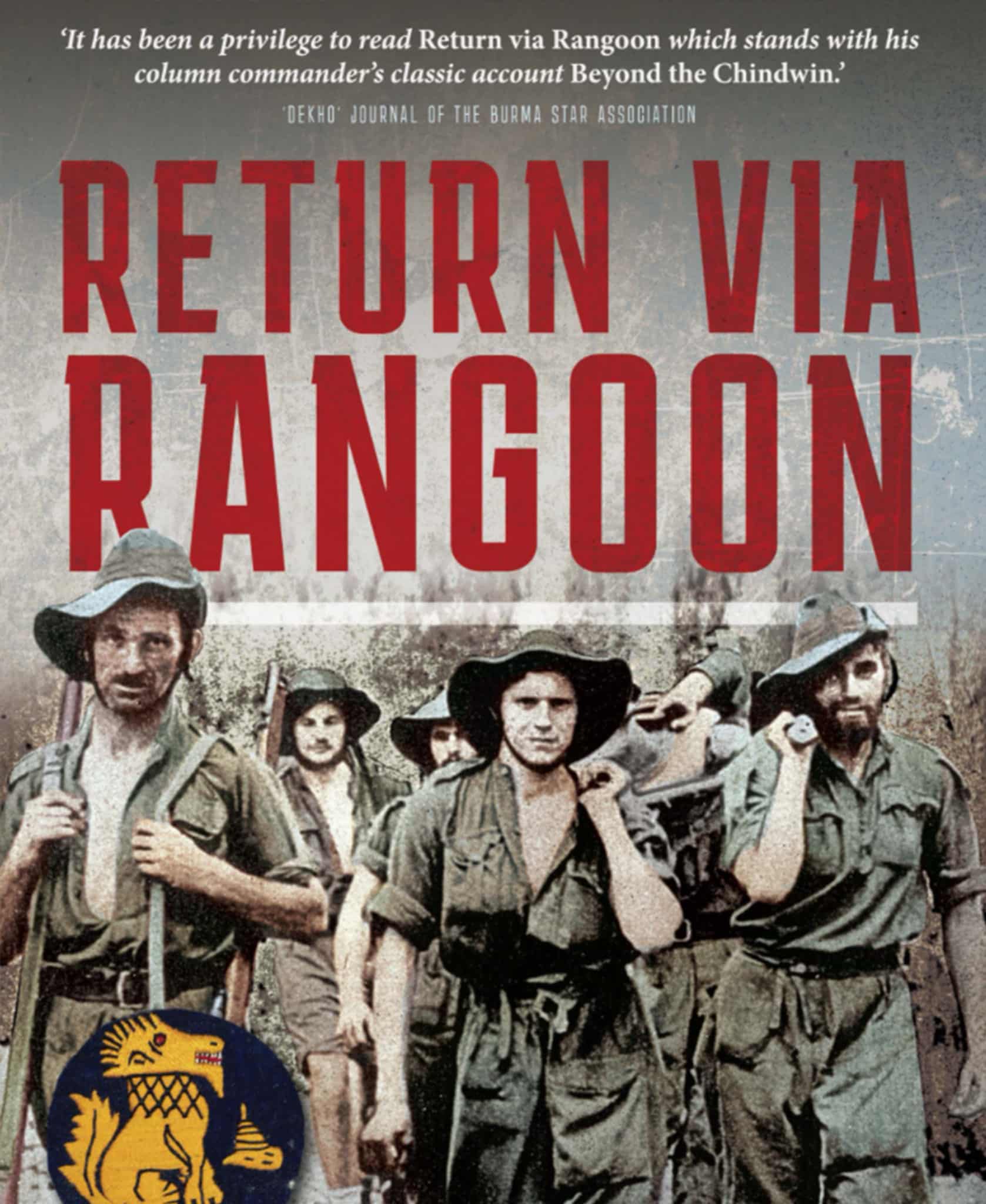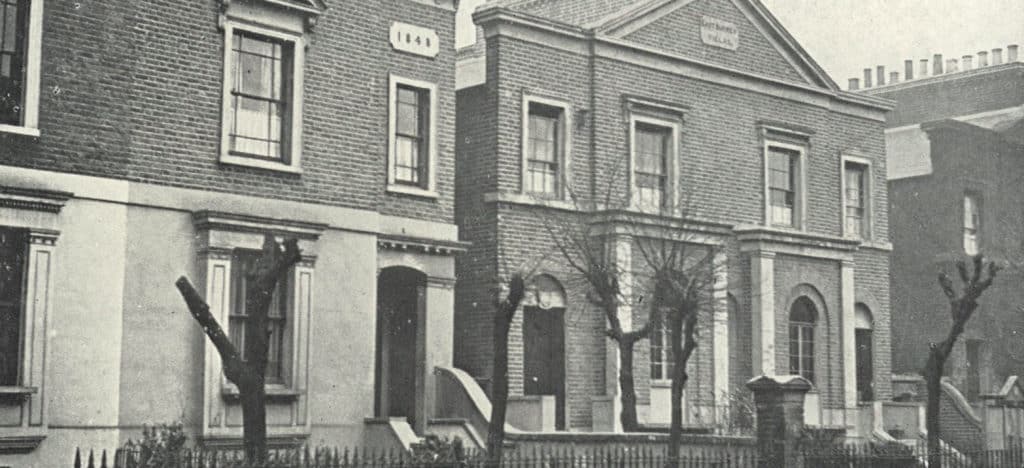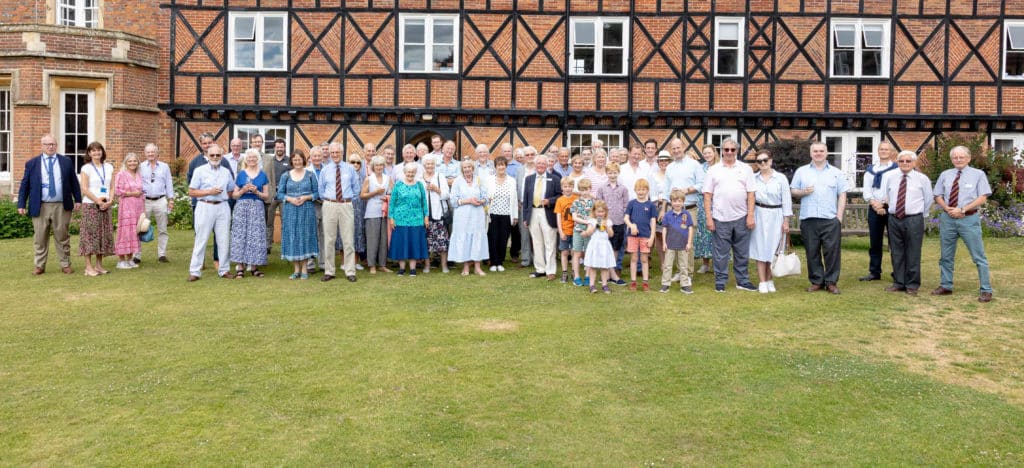It was Philip’s time as a resident House Tutor in Army House which gave him what Tim Potts described as: “The introduction to the mingled pleasure and pain of House mastering.” This led Philip to what became a twenty- year labour of love as Housemaster in A House from 1953 to 1966 and The Close from 1966 to 1974.
Tim Potts went on to comment: “Generations of boys have reason to be grateful for his determination to run his Houses in his own way; treating each member as a whole person, seeing them in the round, concerned always to develop the standards inherent within and not to impose them from without. Nourished and supported by a philosophy combining lack of worry, in the last resort, with confidence in the order and good sense at the roots of human nature, which was forged during his two years as a guest of the Japanese in the Central Prison, Rangoon.”
In Summer 1975 the Bradfield Chronicle congratulated Philip on being appointed to the Headmastership of Norwich School. Philip and Joy were close friends of Pauline Ingan-Jones, the In-College matron. He was nursed by his wife Joy at the end of his life through Parkinson’s Disease, which was the direct result of his two years as a Japanese Prisoner of War, and the very limited diet he was given during that time. He died in Norfolk on 17 January 1997 and a Thanksgiving Service for his life was held on Friday 25 April 1997 at Norwich Cathedral.
Old Bradfieldian Alasdair Johnston (A 55- 60) became a close friend of the family after being Head of A House during Philip’s time at Bradfield and godfather to Mark Stibbe. Alasdair remembers Philip as a wonderful kind gentleman and well-respected teacher. He first read Philip’s book Return via Rangoon when he was 14 years of age and said: “To me it was a great adventure. There were plenty of War reminisces about at that time. Now, having re-read it, I realise how much I missed about the extraordinary experiences, hardships and tenacity that had been experienced by this 21-year-old and his fellow Chindits.”
The real heroes are unsung, their contribution cumulative, their record that of the whole, their platoon, regiment or brigade.
The Right Hon The Lord Owen (A 52-56)
Return via Rangoon has been re-published by Pen & Sword to commemorate the 80th Anniversary of the first Chindit expedition. The book’s title was used by Brigadier Orde Wingate in the address to his men before they set out when he said: “The only way out of Burma is via Rangoon.” This is exactly how Philip returned. The book is a key recollection to understanding Philip through his Army experiences as a platoon commander fighting in Burma’s jungle before his capture by the Japanese and life in Rangoon Jail for two years.
On the cover of Philip’s book, The Right Hon The Lord Owen (A 52-56) wrote: “Bravery, in a nutshell, is what the word ‘Chindit’ has come to signify. Orde Wingate and Bernard Fergusson are two of the best-known characters, well-captured in Return via Rangoon. But Philip Stibbe captures something much more – the inner strength of the Chindits which lay in its extraordinary combination of ordinary people, be it the Liverpudlian or Burmese rifleman in the jungle or in prison. The real heroes are unsung, their contribution cumulative, their record that of the whole, their platoon, regiment or brigade.”






